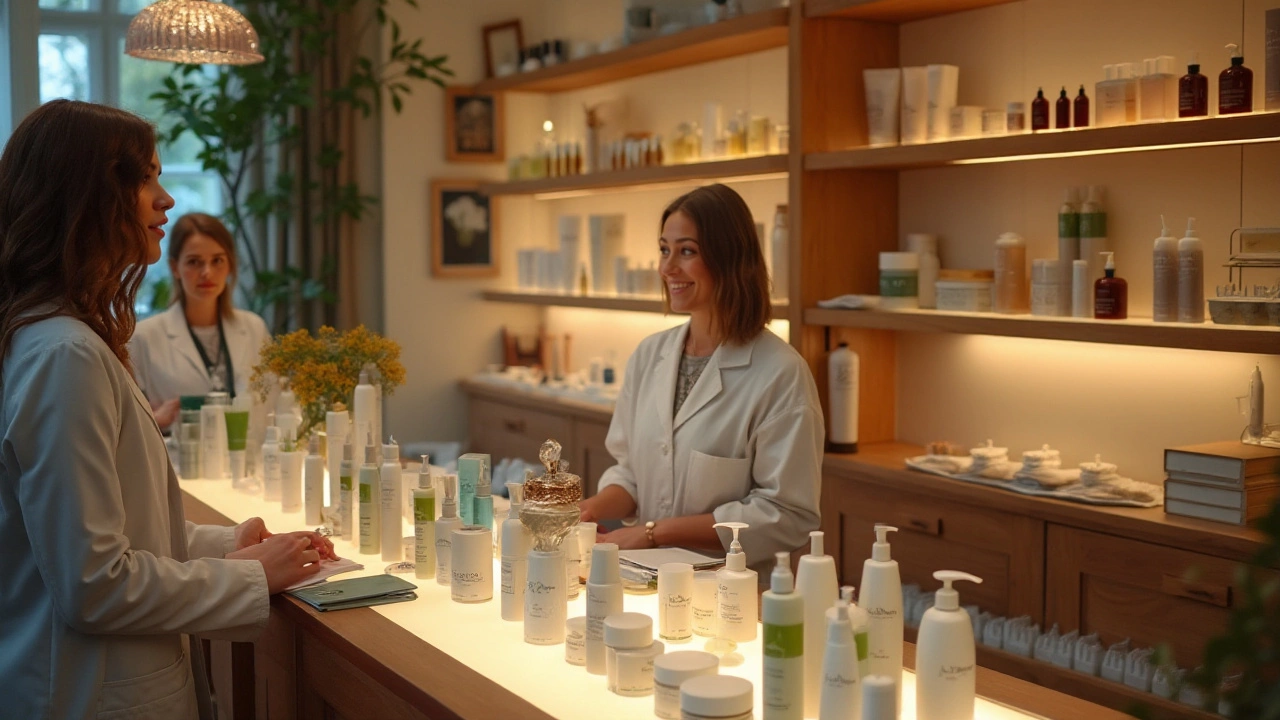Skincare Brand Guide: Top Picks & How to Choose Yours
Finding a skincare brand that actually delivers can feel like chasing a unicorn. With so many bottles on the shelf, it’s easy to get lost. The good news? You don’t need a PhD to sort out what works. Below you’ll get straight‑forward ways to spot a brand that matches your skin, budget, and values.
How to pick a brand that works for you
Start with your skin type. If you’re oily, look for non‑comedogenic, lightweight formulas. Dry skin needs richer moisturisers with ceramides or hyaluronic acid. Sensitive skin? Keep an eye on fragrance, alcohol, and harsh preservatives. Next, read the ingredient list. Scientific studies back up retinol, niacinamide, and vitamin C for brightening and anti‑aging. If a product lists these higher up, you’re more likely to see results.
Don’t forget the brand’s ethos. Many shoppers now care about cruelty‑free testing, sustainable packaging, or clean formulas. Certifications like Leaping Bunny or UK Vegan Society make it easy to verify. If the brand is transparent about where ingredients come from, that’s a plus – it usually means they care about quality.
Brands that are leading the pack
Here are a few names that consistently get good reviews and match the criteria above:
The Ordinary – Known for simple, science‑based products at budget prices. Their serums, like 10% Niacinamide, are great for oily or acne‑prone skin.
CeraVe – A dermatologist favourite. Their moisturisers contain ceramides and hyaluronic acid, perfect for dry or sensitive skin.
Paula’s Choice – Offers thorough ingredient explanations. Their BHA exfoliant (2% Salicylic Acid) helps unclog pores without over‑drying.
La Roche‑Posay – French pharmacy brand with a strong focus on sun protection. Their Anthelios sunscreen blends well with makeup and suits all skin types.
Evolve Beauty – A UK‑based, cruelty‑free line that leans on natural actives like green tea and oat extract. Good for folks who want cleaner labels.
These examples show that you can find solid options at any price point. The key is matching the product’s actives to your skin’s needs and checking the brand’s values.
If you’re still unsure, start with a single product like a cleanser or serum. Test it for two weeks and observe how your skin reacts. A good brand will have a clear return policy, making the trial low‑risk.
Remember, skincare is personal. What works for your friend might not work for you. Use the steps above, keep an eye on ingredients, and choose brands that back up their claims with real science. Your skin will thank you.
Discovering the Top Sensitive Skincare Brand Recommended by Doctors
Sensitive skin requires special attention, and finding the right skincare brand that can cater to its unique needs can be a game-changer. This article explores the top brand that dermatologists and doctors stand by for sensitive skin, offering insights into why it's their go-to recommendation. Learn about key ingredients, the science behind skin sensitivity, and tips on building an effective skincare regimen. Whether you're new to managing sensitive skin or looking to refine your routine, this guide provides practical advice and expert-approved product options.
